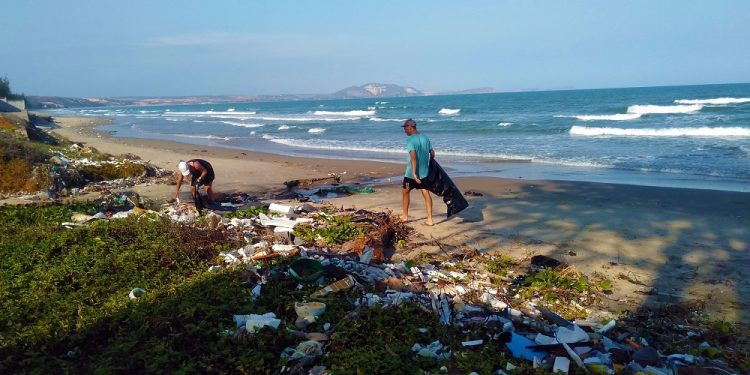
International Coastal Cleanup Day
A big challenge facing many coastal communities is pollution. Garbage, particularly from plastic and other pollutants that don’t biodegrade, is having a detrimental effect not only on the environment but also on human health. It’s a problem faced all over the world, due mainly to the fact that a lot of debris ends up in the ocean.
It’s been estimated that there are over 50,000 pieces of plastic for every square mile of the ocean. And, of course, a lot of that plastic ends up getting washed up on the coasts of the world.
That’s why the third Saturday of September was designated as International Coastal Cleanup Day. It’s a day for all of us to take more responsibility for our actions and limit the amount of garbage we put into the environment.
The History of International Coastal Cleanup Day
This holiday was created in 1986 by Kathy O’Hara and Linda Maraniss while they were working for Ocean Conservancy. O’Hara had just finished a special report entitled “Plastics in the Ocean,” and Maraniss had just moved from Washington, D.C., to Texas.
The two of them then reached out to other concerned citizens and organized a coastal cleanup program for Ocean Conservancy.
Almost 3,000 volunteers participated in the first cleanup, and since then the number of people volunteering has grown every year. Now, International Coastal Cleanup Day is observed in over 100 countries.
Some Important Facts About Ocean Pollution
Below are some carefully curated facts about ocean pollution that we feel everyone considering whether or not they should observe International Coastal Cleanup Day should know. It’s our sincere hope that the following facts help to encourage people to take action to protect our oceans, and our coasts, from pollution.
- There are over an estimated 5 trillion pieces of plastic in the world’s oceans.
- Every year, over 8 million tons of plastic enter our oceans.
- Approximately 70% of debris sinks into the ocean’s ecosystem.
- Approximately 15% of debris lands on beaches, and another 15% floats.
- As plastic decomposes over hundreds of years, it breaks into smaller and smaller particles that end up spreading all over the planet.
- Except for incinerated plastics, all the plastics we’ve produced are still on the planet in some form.
Observing International Coastal Cleanup Day
International Coastal Cleanup Day is a holiday that should be observed by everyone capable of doing so.
Everyone who is capable of volunteering for a coastal cleanup program should do so, and if a person can’t donate their time, they should take the time to donate money to coastal cleanup programs that are currently in operation. Everyone can also spread the word about this holiday online using the hashtag #InternationalCoastalCleanupDay on social media.








